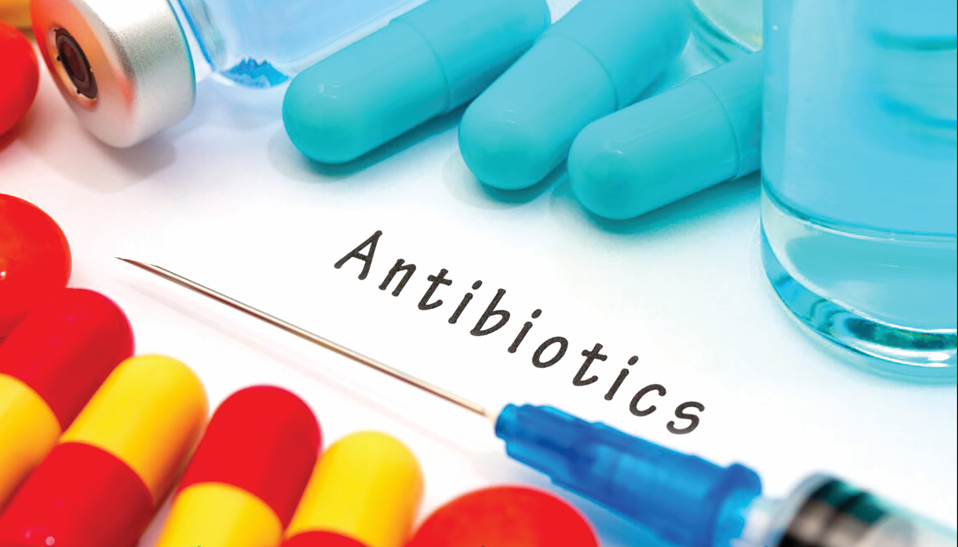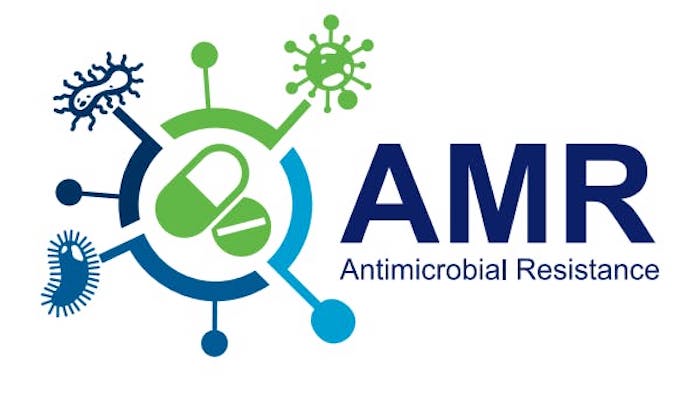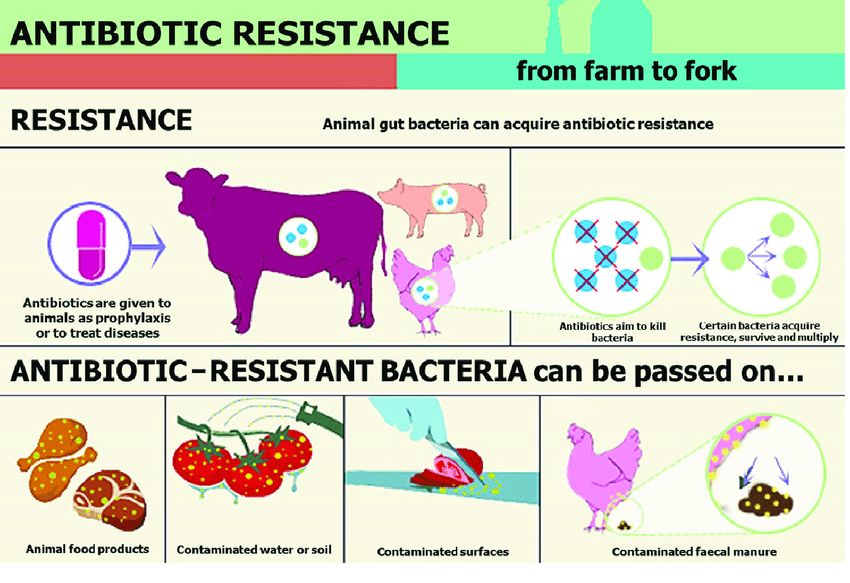Although Lesotho is listed among countries without available data on antimicrobial resistance (AMR) in the Global Antibiotic Resistance Surveillance Report 2025 recently published by the World Health Organisation (WHO), it is still considered one of the nations most severely affected by this global health threat.
According to Nteboheng Tjobe Maina, a pharmacist and AMR National Focal Point at the Ministry of Health, Lesotho has developed a National Action Plan (2021–2026) to monitor and report progress on AMR at both regional and global levels.
“We also commemorate World Antimicrobial Awareness Week each year,” she said.
“We are highly affected because we are among the top 10 most affected countries globally, and second in Africa,” she disclosed.
Maina described antimicrobial resistance as a “hidden danger to human and animal health, and a threat to our future.”
She cited a 2019 study showing that more than 2,800 people in Lesotho died because antibiotics and other medicines no longer worked to treat infections.
“That’s more than deaths from cancer, diabetes, or pregnancy-related conditions,” she said. “Lesotho is now among the top 10 countries in the world and top 2 in Africa with the highest death rates linked to AMR.”
Maina noted that everyone contributes to the AMR crisis, often unknowingly, through practices such as taking antibiotics without a prescription or not completing the full treatment course, which allows microorganisms to survive and become stronger.
She added that the use of antimicrobials in animals or mixing them in animal feed without proper guidance also fuels the problem. In addition, consuming meat, milk, or eggs before the recommended withdrawal period can transfer resistant bacteria to humans, while buying antimicrobials from street vendors or unlicensed pharmacies exposes people to poor-quality or incorrect medicines.
The WHO 2025 report warns that 22 widely used antibiotics are showing increasing resistance in treating urinary tract, bloodstream, and gastrointestinal infections, as well as gonorrhoea.
One in six laboratory-confirmed bacterial infections worldwide in 2023 was resistant to antibiotic treatment.
Between 2018 and 2023, resistance increased in more than 40 percent of antibiotics tracked, with annual growth rates ranging from 5 to 15 percent. The data, collected through WHO’s Global Antimicrobial Resistance and Use Surveillance System (GLASS) from over 100 countries, signals a growing global health emergency.
For the first time, the 2025 report provides resistance estimates across 22 antibiotics used against eight common bacterial pathogens, including Acinetobacter spp., Escherichia coli, Klebsiella pneumoniae, Neisseria gonorrhoeae, Salmonella spp., Shigella spp., Staphylococcus aureus, and Streptococcus pneumoniae.
The report also reveals sharp regional differences. The WHO South-East Asia and Eastern Mediterranean Regions recorded the highest resistance levels, with one in three infections resistant to antibiotics.
In the African Region, one in five infections was resistant. The burden is especially high in areas with weak health systems that lack diagnostic and treatment capacity.
During the report’s launch on Thursday, WHO Director-General Dr. Tedros Adhanom Ghebreyesus cautioned that: “Antimicrobial resistance is outpacing advances in modern medicine, threatening the health of families worldwide.”
He emphasised the urgent need for responsible antibiotic use, access to quality medicines and diagnostics, and innovation in treatment and testing technologies.
The WHO stressed that AMR remains one of the world’s most urgent health challenges and this undermines treatment effectiveness and puts millions of lives at risk.
To confront this threat, WHO launched GLASS in 2015. Country participation has grown from 25 in 2016 to 104 in 2023, yet 48 percent of countries did not submit data in 2023, and nearly half still lack systems capable of generating reliable information.
In 2024, the United Nations General Assembly adopted a political declaration on AMR, calling for stronger health systems and the adoption of a One Health approach that addresses human, animal, and environmental health together.
Summary
- Although Lesotho is listed among countries without available data on antimicrobial resistance (AMR) in the Global Antibiotic Resistance Surveillance Report 2025 recently published by the World Health Organisation (WHO), it is still considered one of the nations most severely affected by this global health threat.
- According to Nteboheng Tjobe Maina, a pharmacist and AMR National Focal Point at the Ministry of Health, Lesotho has developed a National Action Plan (2021–2026) to monitor and report progress on AMR at both regional and global levels.
- In 2024, the United Nations General Assembly adopted a political declaration on AMR, calling for stronger health systems and the adoption of a One Health approach that addresses human, animal, and environmental health together.

Ntsoaki Motaung is an award-winning health journalist from Lesotho, specializing in community health stories with a focus on sexual and reproductive health and rights, as well as HIV. She has contributed to platforms like “Be in the KNOW,” highlighting issues such as the exclusion of people with disabilities from HIV prevention efforts in Lesotho.
In addition to her journalism, Ntsoaki serves as the Country Coordinator for the Regional Media Action Plan Support Network (REMAPSEN). She is also a 2023 CPHIA Journalism Fellow.









